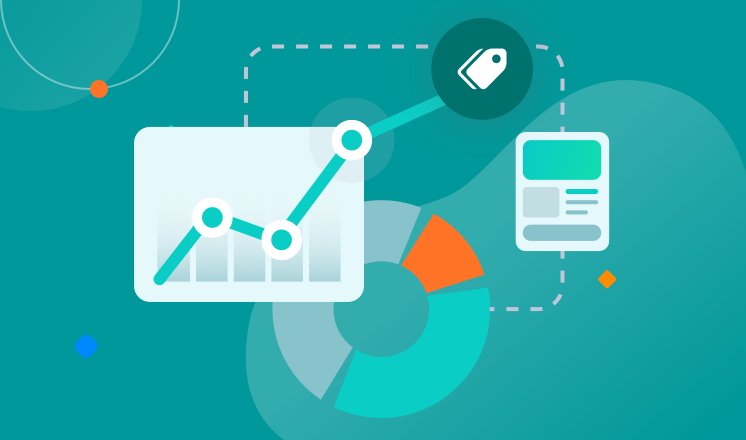
Proxy pages play a crucial role in the process of crawling pages. When search engines crawl pages, they rely on proxy pages to access and retrieve the content of the target pages. Proxy pages act as intermediaries between the search engine crawlers and the actual web pages, allowing the crawlers to gather information without directly accessing the original servers. This approach helps in efficient and effective crawling of web pages, especially when dealing with large volumes of data. Proxy pages also contribute to web security by masking the identity of the original servers, preventing potential security threats and unauthorized access. In addition, proxy pages can be utilized for various purposes, such as content caching, load balancing, and geo-targeting. Understanding the role and functionality of proxy pages is essential for webmasters and SEO professionals to optimize the crawling process and ensure the visibility of their web content. By leveraging proxy pages effectively, website owners can enhance the accessibility and performance of their web pages, leading to improved search engine rankings and user experience.



